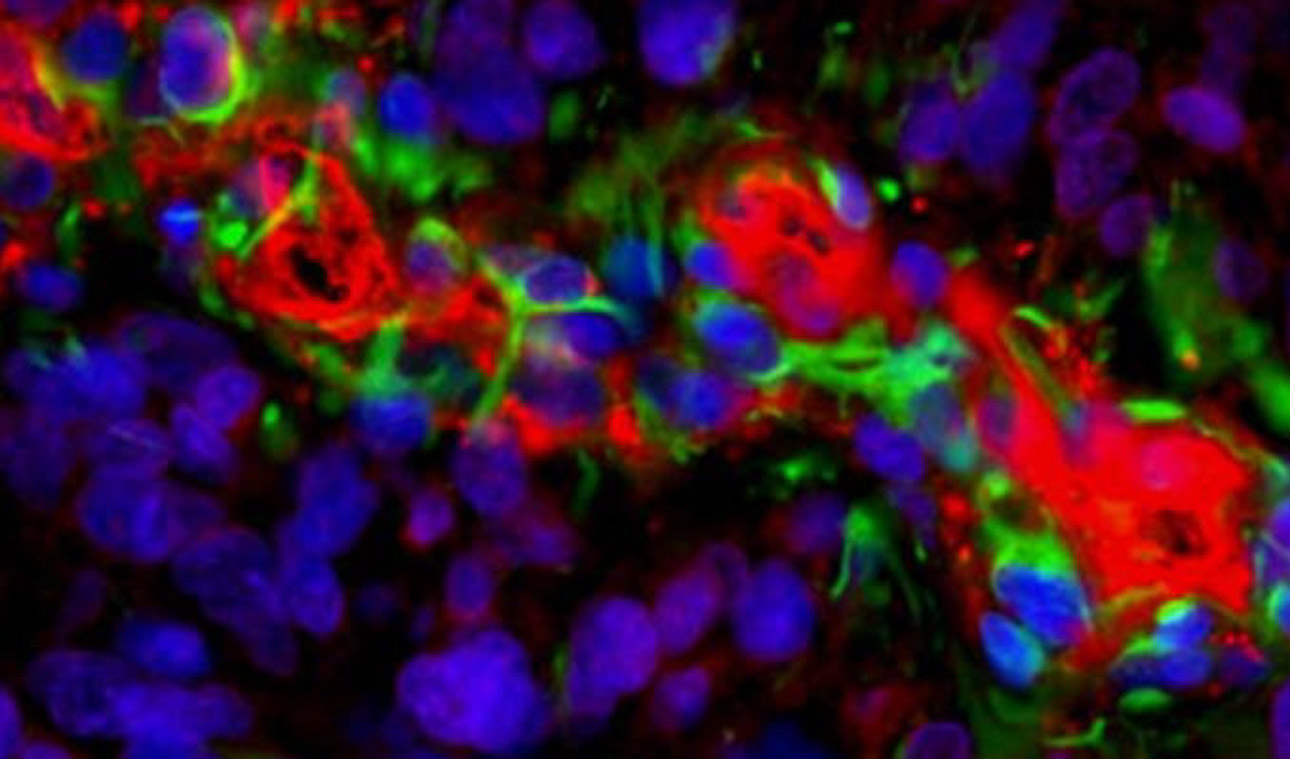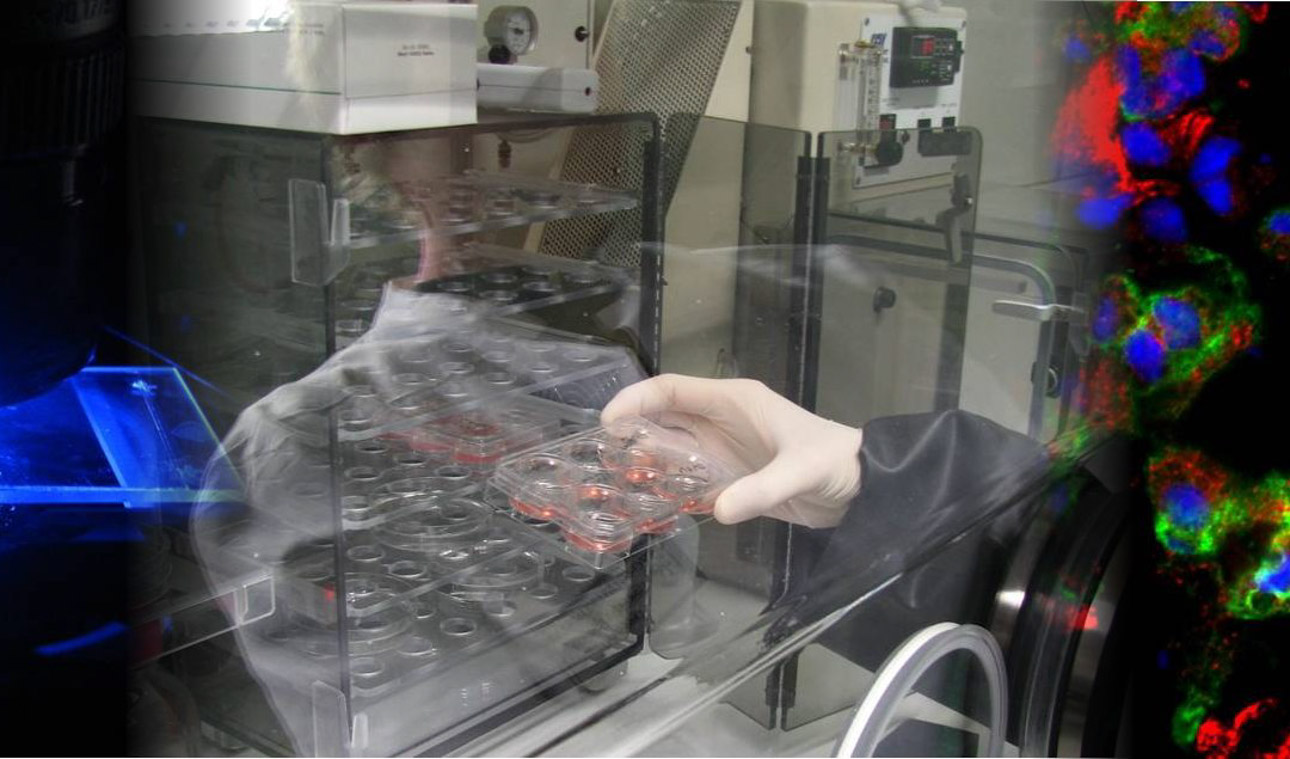Forschung / Research
MICROENVIRONMENTAL SIGNALS IN HEALTH AND DISEASE
IN THE CENTRAL AND PERIPHERAL NERVOUS SYSTEM
Our institute focuses on advancing research at the interface of neuropathology, (neuro)-oncology, neurology, and bioinformatics, with a comprehensive approach spanning three interconnected focus areas: Experimental Neuro-Oncology, Computational Neuropathology, and Translational Neuromuscular Research. Together, these domains aim to bridge the gap between fundamental discoveries and clinical applications, using advanced experimental models, computational tools, and translational approaches to address critical challenges in neuro-oncology and neuromuscular diseases.
Our Focus:
Our goal is to deepen the understanding of tumor biology and neuromuscular diseases while developing practical strategies to improve diagnostics and therapies. Through collaboration between neuropathologists, (neuro)oncologists, neurologists and (bio)medical informaticians we create a multidisciplinary environment where classical and AI-assisted approaches are integrated to address complex research questions, connecting biological insights with meaningful clinical applications. By leveraging patient-derived data and combining experimental, computational, and translational research, we aim to bridge the gap between basic science and clinical practice. This approach supports a continuous exchange between benchside discoveries and bedside applications, contributing to advancements in personalized medicine and improved patient care in neuro-oncology, neuromuscular diseases, and related fields.
Our Offer
We offer an open, supportive, internationally competitive academic environment with excellent training opportunities within the PhD graduate programs of the International Giessen Graduate school for Life Sciences (GGL) and the International Max Planck Research School for Molecular Organ Biology (IMPRS-MOB). We have won a number of external research grants and are involved in several national and international collaborative projects.
Click here for current job openings at the Institute.
Click here to view the list of our publications.



